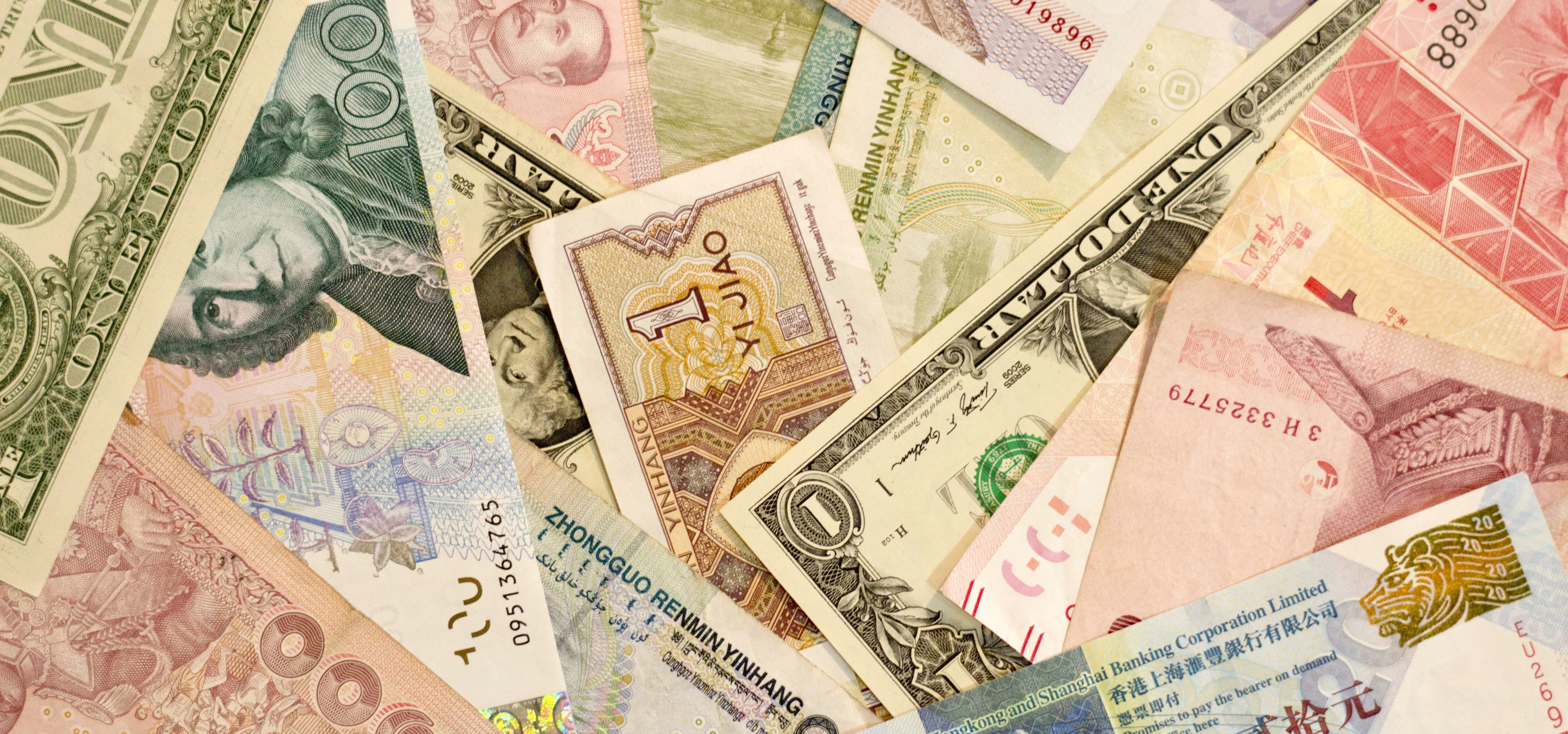
Partner Article
Market Update : GBP Surpasses 31 Year Lows
This week the Great British Pound (GBP) reached a 31 year low, amid a faster exit than originally anticipated in terms of Britain’s exit from the European Union. Theresa May is in discussion with the 27 other member states regarding exit with the use of Article 50. The GBPUSD currency pair reached a low of 1.2684 on yesterday (5th October). As technical traders, we will be looking for a retest around the 1.2863 level to enter short - first to target the 1.2684 low and other target beyond on a more long-term basis. Rumours have stated that UK exit talks could significantly progress by March 2017, illustrating a swifter exit than anticipated could present itself. However, astute market veterans will know how to treat rumours as time moves forward. The effect of a lower value of the pound does not on the face of it bode well for domestic consumers. Falling values signify a loss of prosperity and pride in the status and security of any globally recognised economy. Many believe that Brexit would result in net negative effects domestically, although the true degree of effects on different categories of individuals are not yet known. After all, there will be winners and losers with any political choice made due to the trade-off posed. The reduction in purchasing power when buying goods and services overseas will invariably result in higher prices for UK consumers, but could also result in lower choice too - if the demand is highly elastic in any one market, especially for high-priced items whereby any changes in market conditions to the upside can deem the product unaffordable to a high proportion of individuals. On the contrary, lower pound rates can have an ‘automatic stabiliser’ effect resulting from greater demand from international buyers. UK exports become more competitive in a global market due to the lower value of the currency. UK shares are included in this, with a shift in demand from overseas exchanges to the London Stock Exchange (LSE) should a highly traded stock be dual-listed and present cost saving opportunities for the quick-minded opportunist. As we have already mentioned, the true effects of Brexit are not yet known. The whole premise of ‘buy the rumour, sell the fact’ could indeed ring true if the negative effects of an exit for the UK are not as severe as originally outlined and believed to be the case. With this being said, in the next 12-18 months, I would expect to see additional movements to the downside in the value of the pound, with much longer time periods required for it to regain its previous standing, if at all. After all, you can ruin a reputation in a second, and it can take a lifetime to rebuild. The move we have already seen in the cable to new lows has not led to aggressive selling and continued declines - albeit on a rather short-term standing. Instead, we have seen a slight pause over the last 24-36 hours. It appears to be a universal understanding by all that the pound’s value should continue to fall in the near term, but of course there is that inherit possibility that prices could reverse above this new low and reject any price action that seeks to move the market below this level in the near term. Many big players will be waiting until tomorrow’s Non-Farm Payroll numbers, to add clarity to the future direction of the cable currency pair, regardless of any market moves to the downside that take place in this afternoon’s session.
This was posted in Bdaily's Members' News section by Christian Evans .








 Raising the bar to boost North East growth
Raising the bar to boost North East growth
 Navigating the messy middle of business growth
Navigating the messy middle of business growth
 We must make it easier to hire young people
We must make it easier to hire young people
 Why community-based care is key to NHS' future
Why community-based care is key to NHS' future
 Culture, confidence and creativity in the North East
Culture, confidence and creativity in the North East
 Putting in the groundwork to boost skills
Putting in the groundwork to boost skills
 £100,000 milestone drives forward STEM work
£100,000 milestone drives forward STEM work
 Restoring confidence for the economic road ahead
Restoring confidence for the economic road ahead
 Ready to scale? Buy-and-build offers opportunity
Ready to scale? Buy-and-build offers opportunity
 When will our regional economy grow?
When will our regional economy grow?
 Creating a thriving North East construction sector
Creating a thriving North East construction sector
 Why investors are still backing the North East
Why investors are still backing the North East